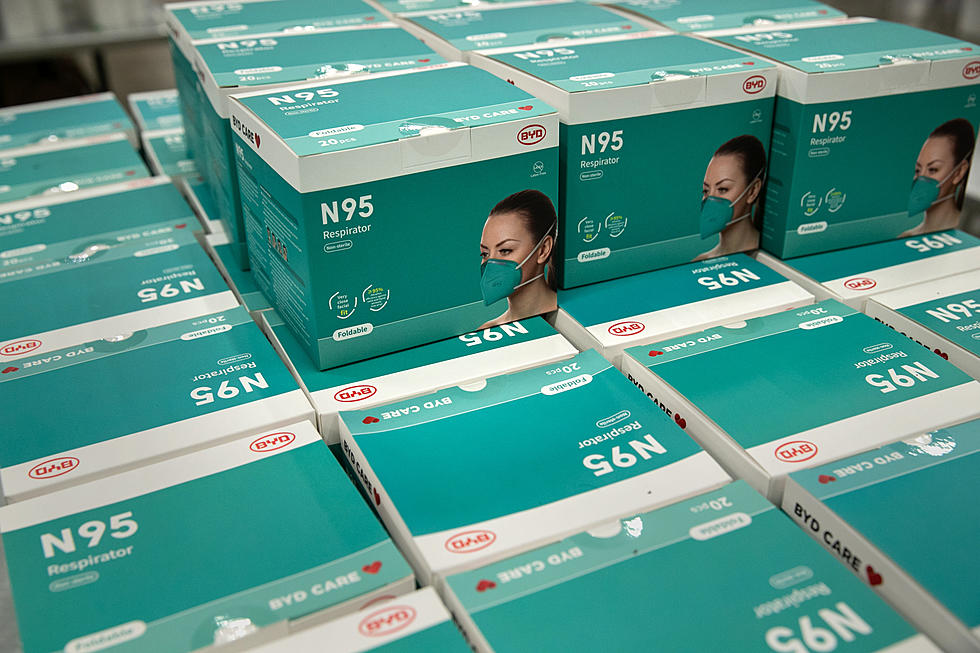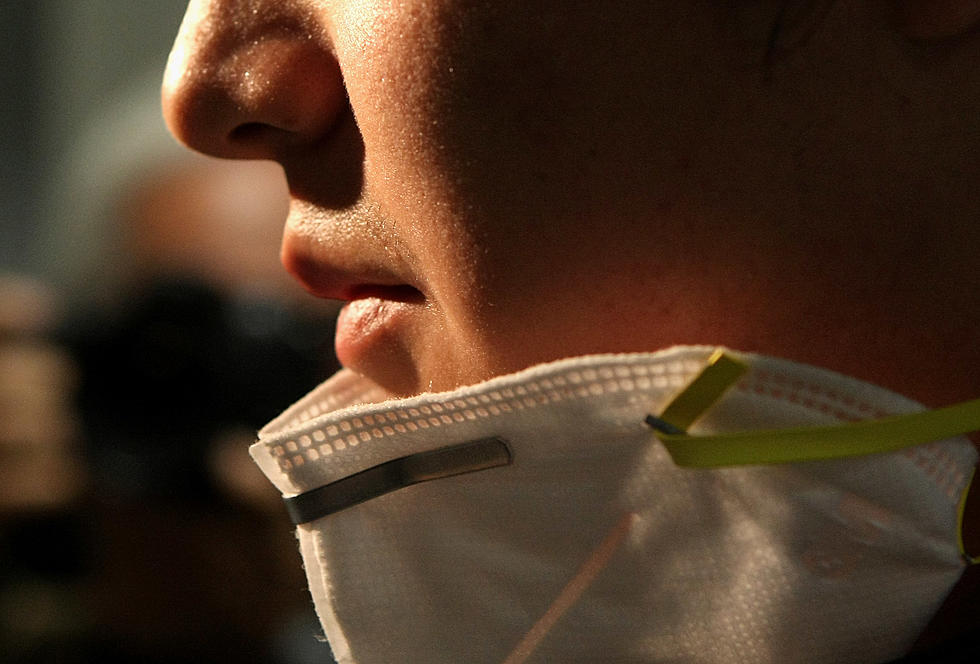
Gov. Whitmer Speaks in Grand Rapids as COVID-19 Variants Spread Throughout Michigan
A press conference was held in Grand Rapids Tuesday morning by Gov. Gretchen Whitmer as Michigan continues to deal with a surge of COVID-19 cases, thanks to the spread of the delta variant and the arrival of the omicron variant, spreading the virus even more rapidly.
She said will be facing a tough 4 to 6 weeks, according to projections from health experts. The state continues to see some of the worst numbers for patients fighting the virus during any point of the pandemic.
"Nurses and doctors and respiratory therapists are being pushed to the brink. They have been breaking their backs for almost two years to take care of people and they're still being inundated with COVID patients." - Gov. Whitmer
She also made it clear that the majority of those patients are not vaccinated. And with many planning to travel during the Christmas and New Year's holidays, she offered actions aimed at four groups of people and steps she would like everyone to take to be safer during this latest surge.
- Those who have been vaccinated and have also received a booster
"Thank you"
- Those who are vaccinated and have not chosen to receive a booster
"You are better protected than someone who is unvaccinated, but a booster will protect you further"
- Those who are parents of children who are unvaccinated
"We urge parents to speak to pediatricians and get their children 5-years and older vaccinated to help keep schools safe."
- Those who remain completely unvaccinated
"I urge you to consider moving forward now. If you are unvaccinated, now is the time. It vastly lowers your risk to be hospitalized."
Whitmer was joined by Michigan Health Director Elizabeth Hertel and several other physicians for the press conference, which began at around 9:20 Tuesday morning.
The current wave is being felt all over the country despite the presence of available vaccines. While recent studies haven't pinned down if the omicron variant offers a more dangerous health outcome compared to the delta strain, it is more infectious has already become the most dominant strain in the U.S.
You can view the entire press conference at the link provided below
Answers to 25 common COVID-19 vaccine questions
More From WBCKFM









